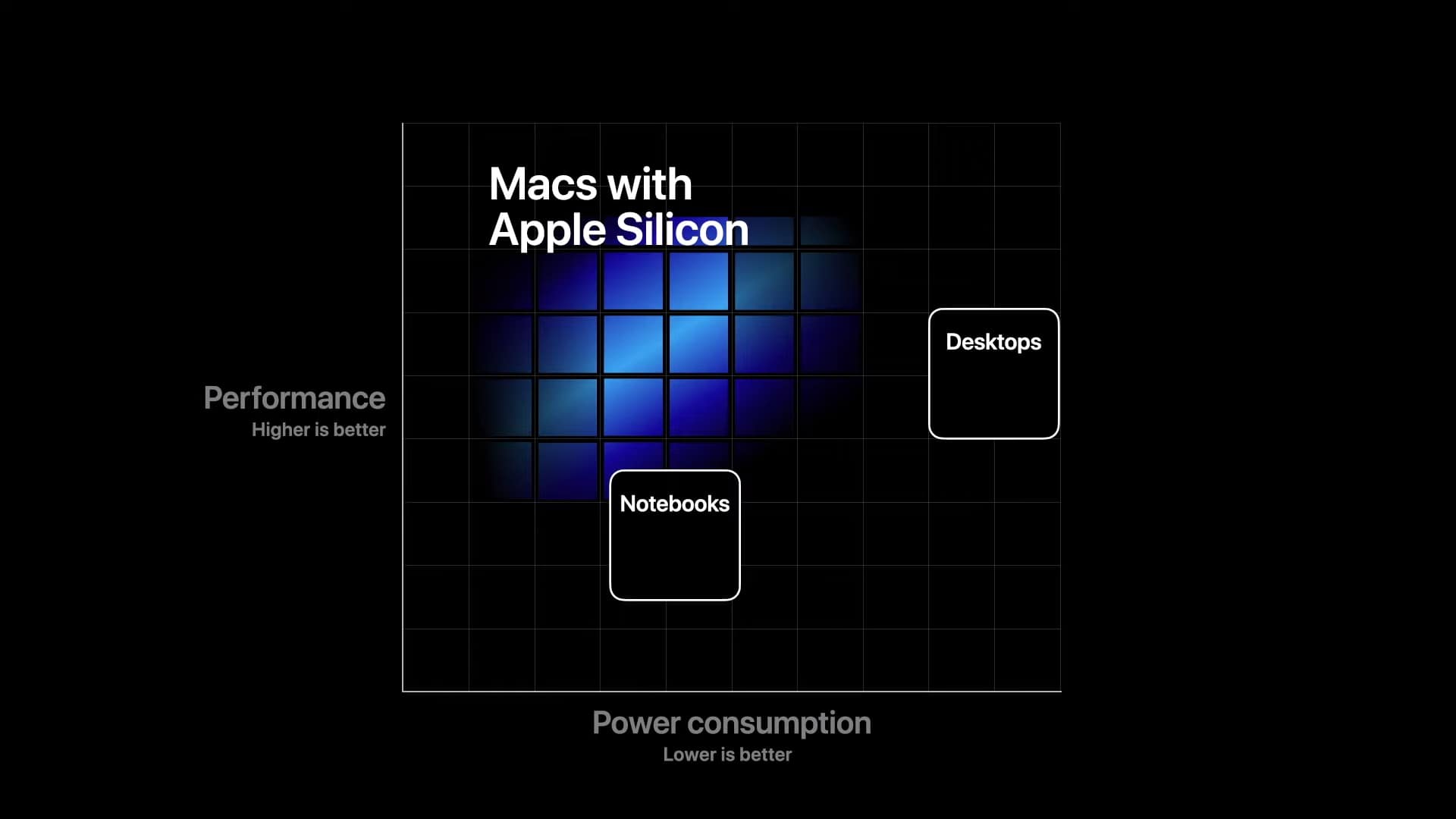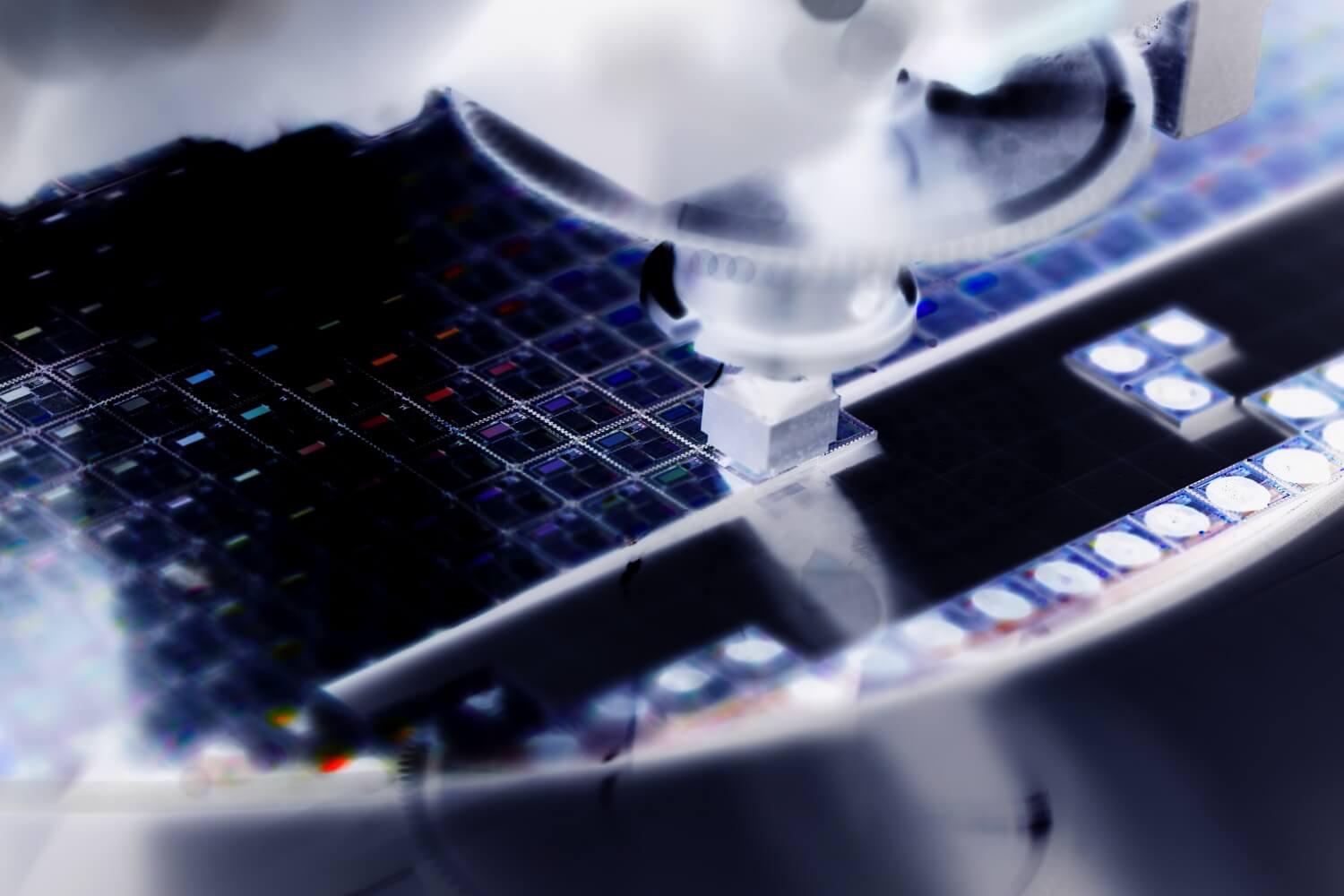Forward-looking: Establishing a common architecture across mobile and desktop product lines will be a huge step forward for Apple. As we've seen on the iPhone and iPad, there are incredible benefits to be had when you design your own hardware and software under one roof. It'll certainly be interesting to see what sort of numbers Apple can lay down as it relates to performance per watt and especially on the GPU processing side.
Apple has been interested in reducing reliance on Intel hardware in MacBook for years. Better battery life in laptops and unchaining itself from Intel's slowing product roadmap are just a few of the perceived benefits of designing its own chips and on Monday, Apple finally confirmed that it would be doing just that.
Apple bookended its WWDC 2020 keynote with the announcement that it'll be transitioning the Mac to custom Apple silicon later this year.

The company was light on hardware specifics although it did reveal that all of the macOS Big Sur demos shown at the event's keynote were conducted on a system running Apple silicon - in this case, the Apple A12Z Bionic SoC from the iPad.
Rather than detailing what's coming in terms of hardware, Apple focused on the software benefits that the transition will enable.
For starters, Mac systems running Apple silicon will be able to run iPhone and iPad apps natively, without modification. For apps that will need to be recompiled, Apple said most devs should be able to complete the process within a matter of days.
Even apps that haven't been updated can still be used courtesy of the company's Rosetta 2 emulation tech. Apple ran a short but impressive demo of Rosetta emulating Shadow of the Tomb Raider, a demanding 3D gaming title, running relatively smoothly at 1080p with no modifications and from what we could gather, running on the SoC's GPU... again, this is emulated, not natively on the ARM-based processor.
Apple also showed glimpses of what Adobe and Microsoft are already doing with their custom silicon in Photoshop and Office, respectively. It's difficult to get a solid feel for what exactly to expect in a quick demo but from what we did see, everything looked to be running incredibly well.

Apple plans to ship the first Macs running custom silicon to customers by the end of the year. Developers won't have to wait nearly as long, however, as Apple announced a quick start program that'll provide devs with access to beta versions of macOS Big Sur, Xcode 12, supporting documentation and a developer transition kit (a Mac mini featuring an Apple A12Z Bionic SoC, 16GB of RAM, a 512GB SSD and macOS Big Sur). Systems are expected to ship out later this week and must be returned after use. The total cost of the program is $500.
The full transition to Apple's own silicon will take about two years, we're told. Apple said it will continue to pump out new versions of macOS for Intel-based Macs for "years to come."
Masthead credit: Marco photo
